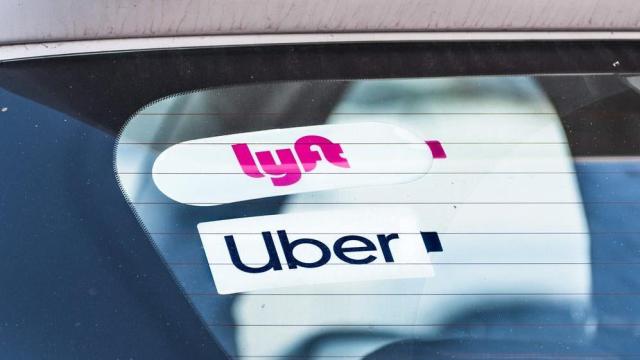Uber and Lyft threatened to leave Minneapolis after the city council approved a minimum wage for drivers that would force the tech companies to pay drivers $US1.40 per mile and $US0.51 per minute during rides. The ordinance, which passed the Council 7-5 on Thursday, could still be vetoed by Minneapolis Mayor Jacob Frey, who has indicated he’s hesitant to sign the bill.
An unregulated market allows Uber and Lyft to dodge minimum wage laws nationwide. The Minneapolis proposal would bring driver’s pay is in line with the city’s $US15 an hour minimum.
Reached for comment, the city council shared a statement from several members urging the Mayor to sign the ordinance into law. “Since Uber and Lyft entered the market, drivers have worked in an almost completely unregulated work environment with often very low wages and essentially no workers’ rights,” the statement reads. “We emphatically urge Mayor Frey to not cave to corporate pressure and ask him to sign the ordinance into law.”
Lyft sent the City Council a letter Tuesday threatening to leave the city on January 1st, the day the ordinance goes into effect, if the Mayor doesn’t strike it down. “If it becomes law, drivers would ultimately earn less because prices could double and only the most wealthy could still afford a ride,” said CJ Macklin, a Lyft spokesperson. “We support a minimum earning standard for drivers, but it should be part of a broader statewide solution that also protects driver independence.”
Twin Cities news station KSTP-TV reports that the Mayor has already voiced concerns. In an email to the city council, Frey suggested he supports the effort to ramp up protections for drivers but cast doubts on the ordinance. “This ordinance stands to significantly impact our city in terms of worker protections, public safety, disability rights, and transportation mode shift goals,” Frey said in the email. “It is clear that we must allow more time for deliberation.”
Ally Peters, spokesperson for the Mayor’s office, said Frey “supports drivers being paid more. However, he has deep concerns with how the ordinance is written and the impact it will have.” Uber did not immediately respond to a request for comment.
Earlier this year, the Minnesota state government considered a similar proposal, but it was ultimately vetoed by Governor Tim Walz.
